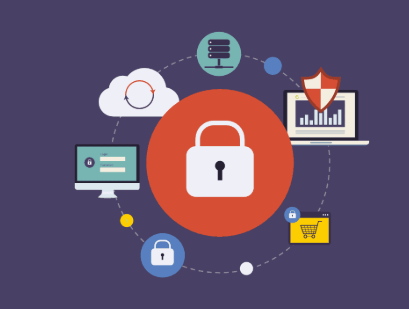Tips to Secure Transactions in Direct Sales

Keeping customer information safe in direct sales is one of the most important jobs. Customers trust businesses with personal details, like payment information, and expect that it will stay protected. If this trust is broken, it can lead to unhappy customers and serious problems for the business. Making transactions secure not only stops hackers but also builds strong relationships with customers. This article explains how direct sales businesses can protect sensitive information and create safe transactions for everyone involved.
Why Secure Transactions Are Important
Safe transactions are about more than just stopping hackers. They’re about earning and keeping trust. Customers feel confident buying from a business When they know their personal information is safe. This trust is extra important for direct sales, where personal connections are key. A single security mistake, like a data breach, can damage a company’s reputation and hurt sales. Using secure payment systems and following privacy laws shows customers you take their safety seriously. In return, they are more likely to stick with your business and recommend it to others.
How Technology Keeps Transactions Safe
Technology plays a big role in protecting customer information. Tools like secure payment systems and encryption make it harder for hackers to steal data. Fraud detection systems can stop suspicious activity before it becomes a problem. API gateways help connect payment platforms and other tools securely, making the process smooth for both customers and businesses. When choosing these tools, it’s important to think about API gateway pricing to find an option that fits the business’s budget. By using the right technology, businesses can keep transactions safe while keeping things simple for their teams and customers.
Training Teams to Protect Customer Data
Even with the best tools, mistakes can happen if employees aren’t careful. That’s why it’s important to teach sales teams how to handle customer information safely. For example, team members should know how to recognize fake emails (phishing) and create strong passwords. They should also avoid sharing sensitive information on unsecured networks. Regular training sessions can help keep security fresh in everyone’s mind. When the whole team understands how to protect data, they become a strong defence against potential threats. A well-trained team helps make every transaction safer.
Staying Ahead of New Threats
Hackers are always finding new ways to break into systems, so businesses need to stay alert. Updating software regularly and using the latest security tools helps protect against new risks. It’s also important to watch for trends in cybersecurity, like new types of scams. Partnering with trusted technology providers ensures access to the best tools for staying secure. When businesses are proactive and fix weak spots before they become problems, they can keep customer data safe and show they take security seriously.
Building Customer Confidence with Transparency
Transparency is key to building trust in direct sales. Customers want to know their personal and payment information is handled carefully. Businesses can provide this assurance by clearly explaining how data is stored and protected. For example, using visible badges or certifications, like “Secure Payment Gateway” or “Encrypted Transactions,” can make customers feel more secure. Sending confirmation emails after each transaction also builds confidence. When customers understand the steps taken to protect their data, they are more likely to trust the business, complete their purchases, and recommend the service to others.
